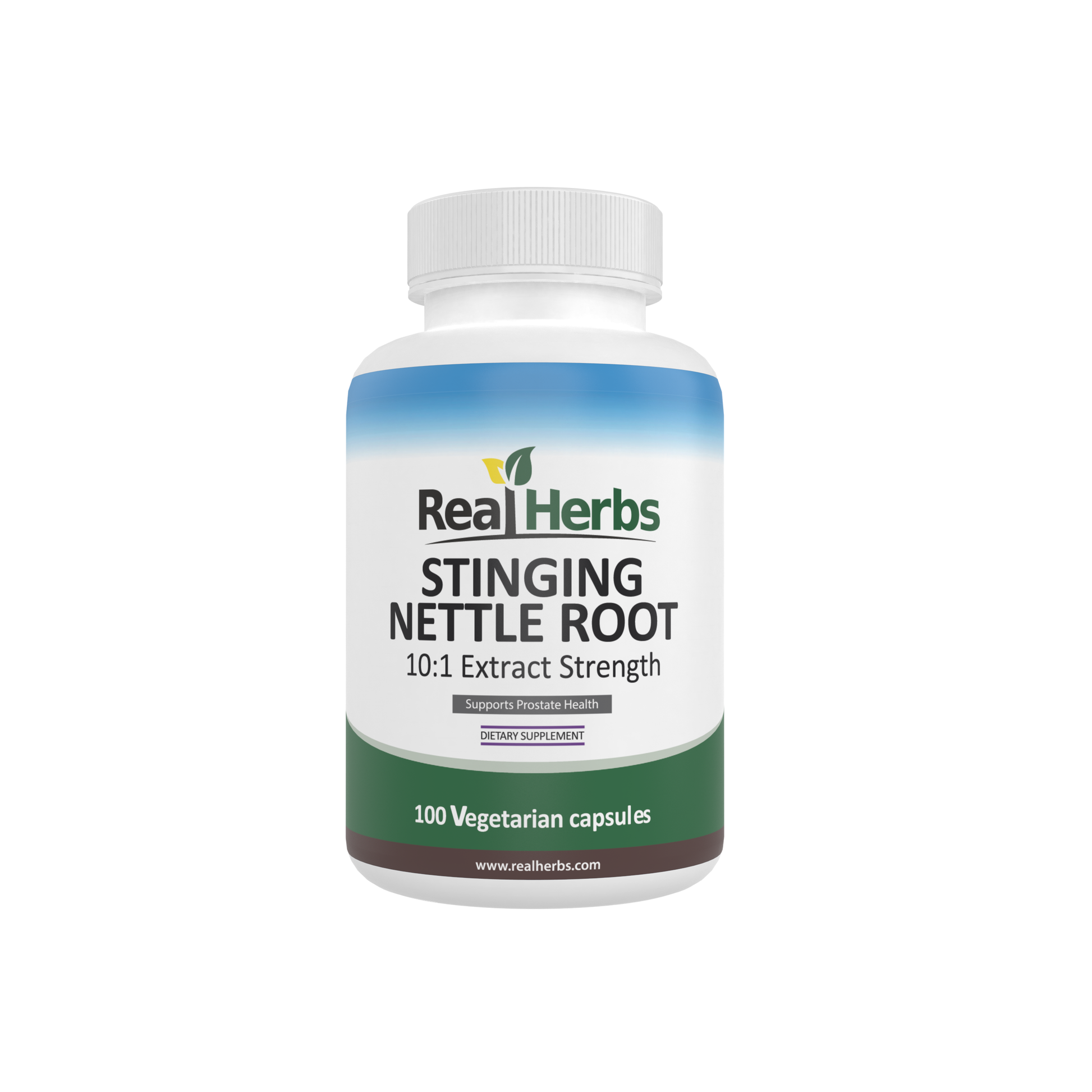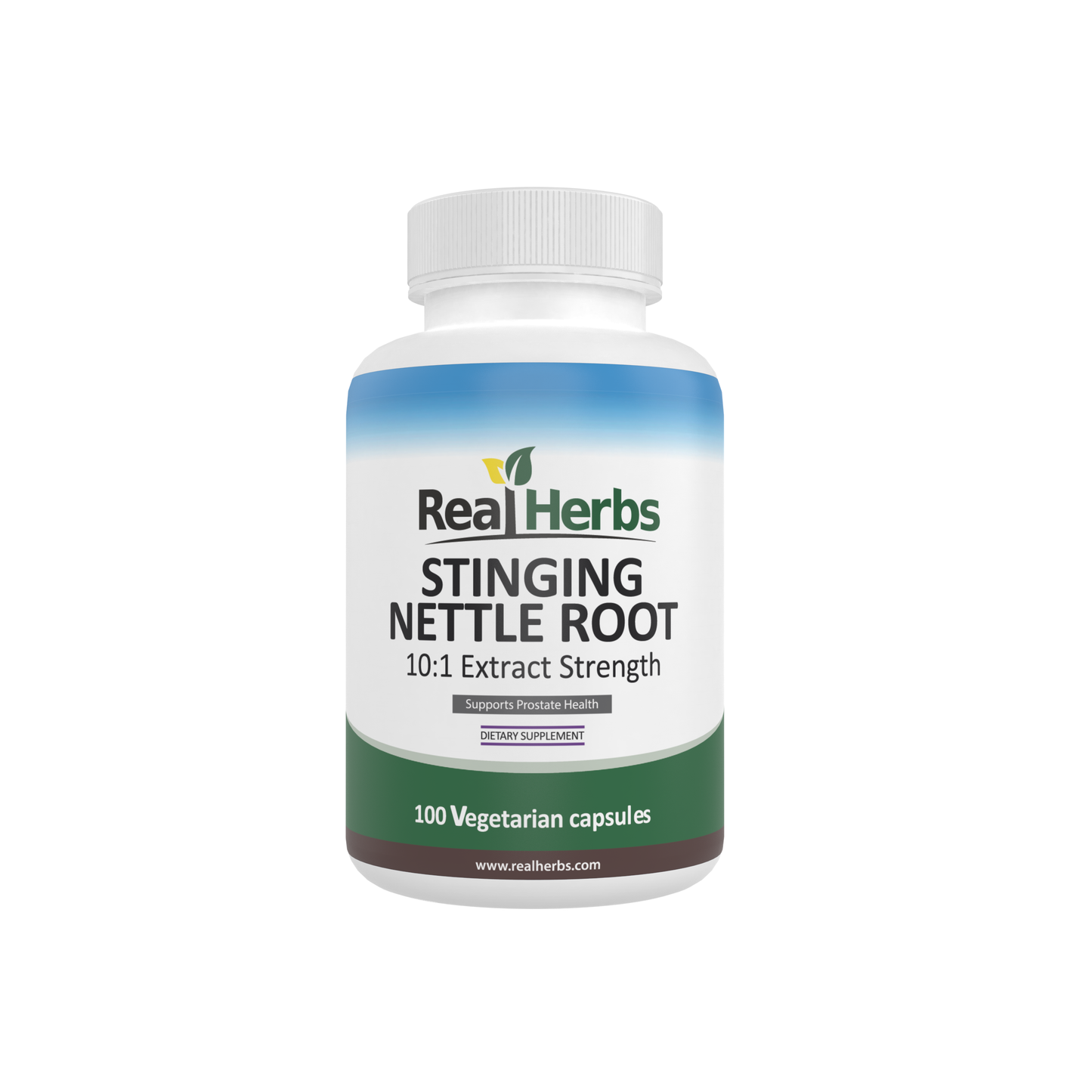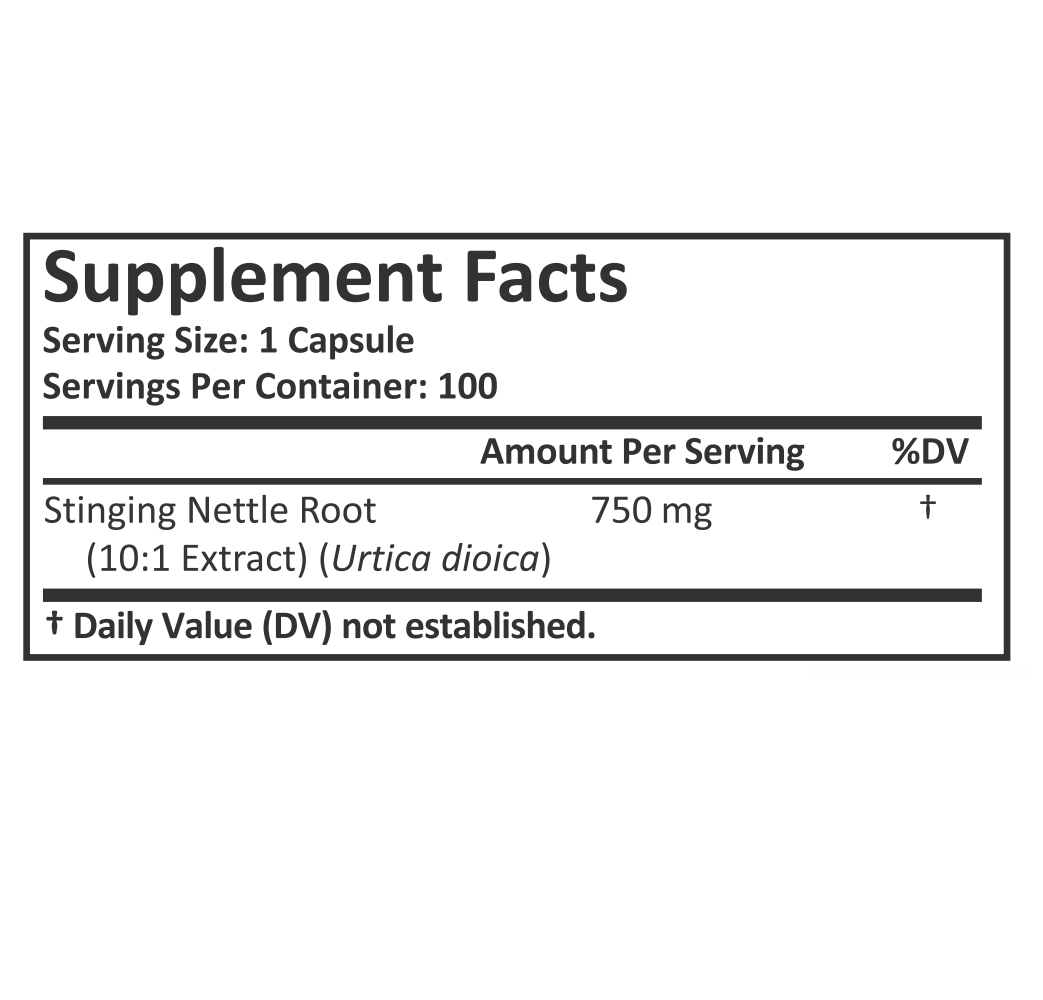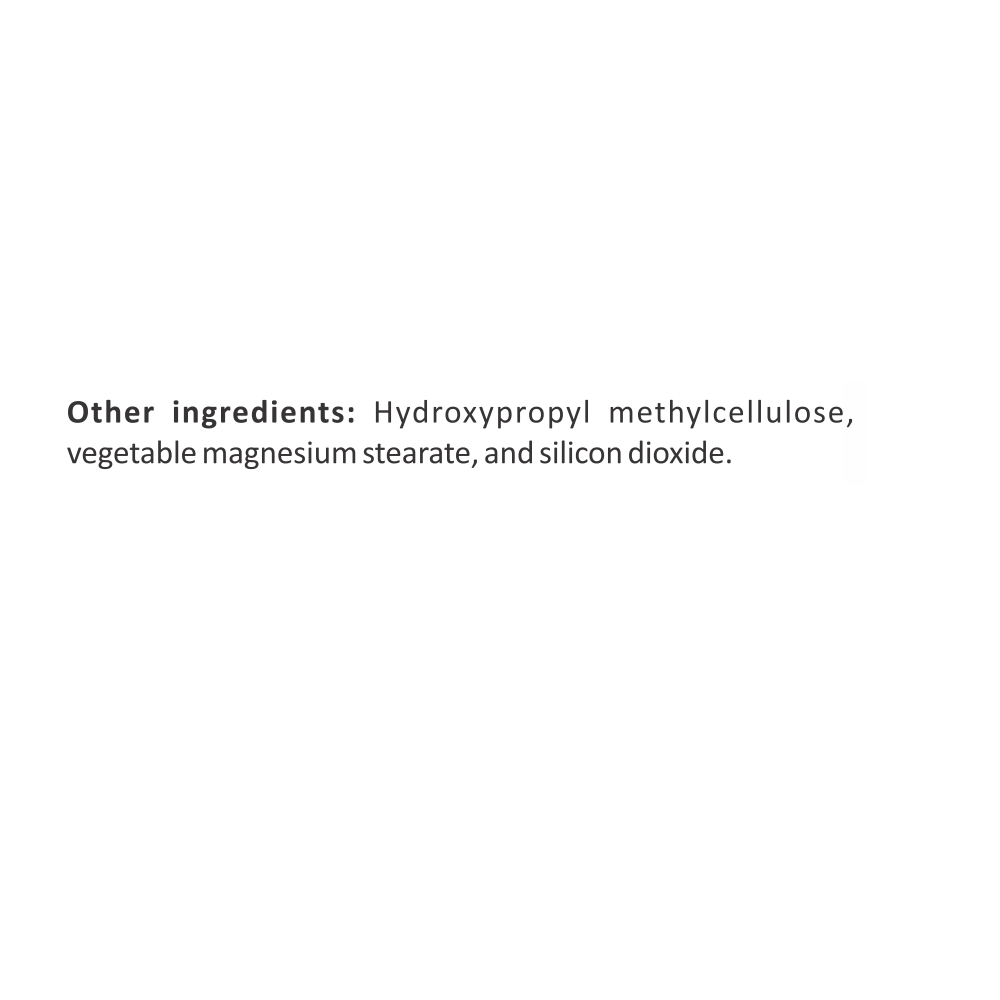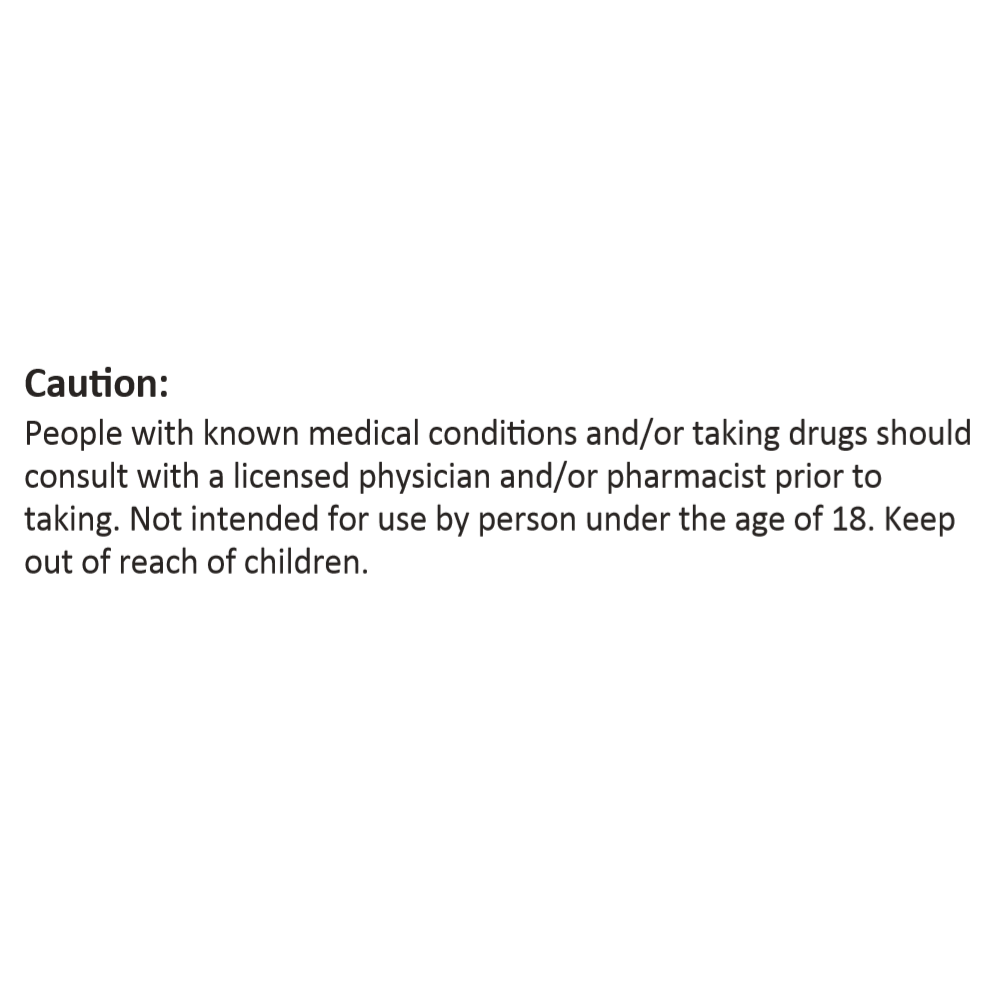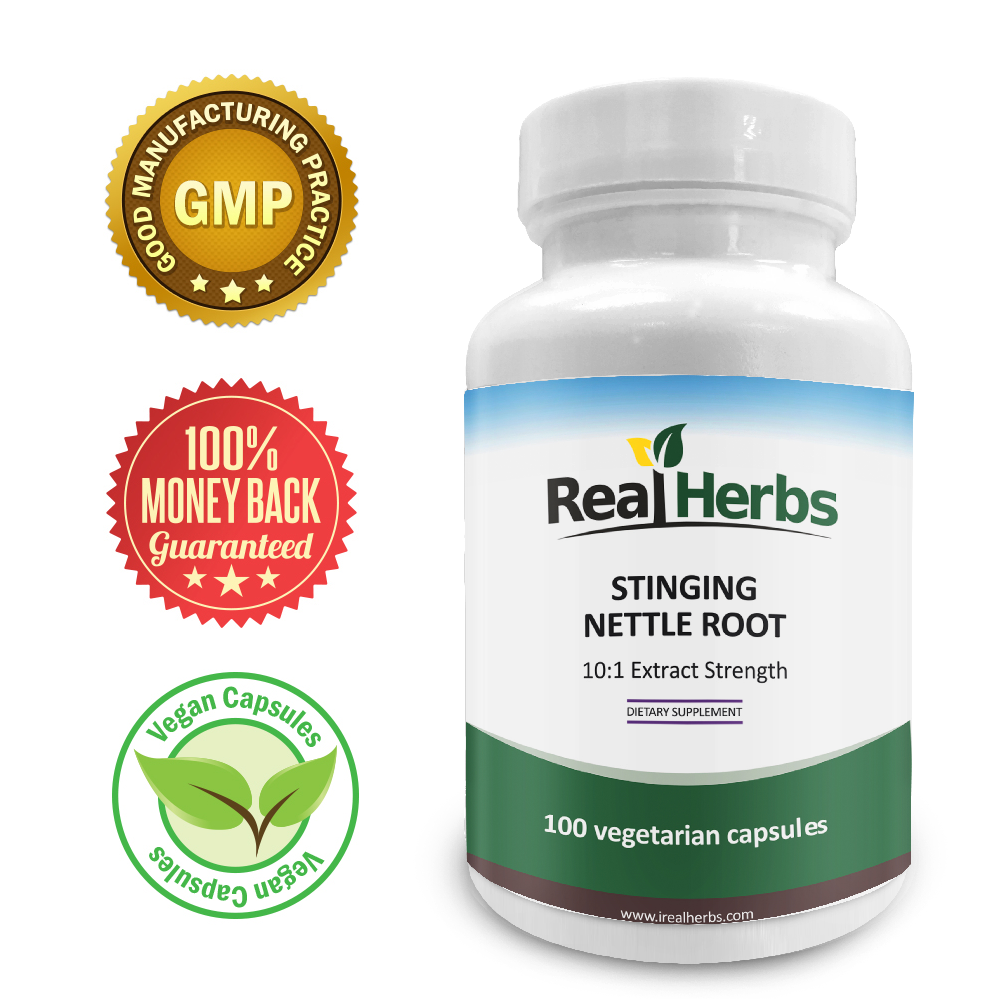For many people, having trouble falling asleep at night may be a frustrating and crippling experience. Insomnia, sleepless nights, and frequent awakenings are all common signs of poor sleep. Various detrimental effects, including weariness, irritation, and difficulties concentrating, may result from these symptoms. Additionally, chronic sleeplessness can contribute to more severe health issues like depression, anxiety, and a higher risk of cardiovascular disease. Many people are searching for natural options that can aid to promote peaceful sleep without the risk of side effects, despite the fact that prescribed sleep aids can offer temporary relief. Stinging nettle root, a plant that has been used for millennia as a natural sleep aid, is one of these alternatives. For people who have tried various techniques but are still having difficulties falling asleep, this herb offers hope because it is safe and does not develop habits.
History
Traditional medicine has long utilized stinging nettle root. It was used to treat a number of illnesses, including sleeplessness, in ancient Greece and Rome. It was employed in traditional Chinese medicine to encourage sound sleep and lessen nighttime awakenings. It is still employed as a natural sleep aid in many regions of the world today.
How it works
Numerous substances found in stinging nettle root have a relaxing impact on the body and can aid in promoting sound sleep. Serotonin, melatonin, and histamine are some of these substances, and they are all involved in managing the sleep-wake cycle.
A chemical called serotonin controls things including mood, hunger, and sleep. It has a well-known soothing impact on the body, which may aid in promoting sound sleep. The pineal gland in the brain creates the hormone melatonin. It is frequently referred to as the "sleep hormone" since it controls the sleep-wake cycle. The melatonin cycle is regulated by the body's internal clock since melatonin levels are highest at night and lowest during the day. A neurotransmitter called histamine is responsible for regulating the sleep-wake cycle. It is well known to encourage daytime alertness and evening slumber.
Additionally, the root of the stinging nettle has anti-inflammatory components that can lessen joint and muscular pain, which can be disruptive to sleep. It has also been demonstrated to have diuretic qualities, which may aid in lowering water retention and bloating, both of which can disrupt sleep.
Stinging nettle root should only be taken under the supervision of a healthcare provider because it may combine with other medications or not be suitable for all health conditions.
Studies and Results
Stinging nettle root has been used as a sleep aid in a number of trials. According to a study that appeared in the Journal of Alternative and Complementary Medicine, consuming 300 mg of stinging nettle root daily for four weeks resulted in much better sleep and shorter time to fall asleep. After using the supplement, study participants reported improved sleep quality and general wellbeing with no side effects.
Another study found that giving males with symptoms of benign prostatic hyperplasia a daily dose of 600 mg of stinging nettle root for four weeks improved the overall quality of sleep and decreased the frequency of nighttime awakenings (BPH). This study also found that the supplement reduced BPH-related urinary symptoms such painful urination, nighttime urination, and poor urine flow.
Stinging nettle root studies were the subject of a comprehensive review and meta-analysis that was published in the Journal of Ethnopharmacology. The results showed that the supplement improved sleep quality by accelerating sleep onset and lengthening sleep. Additionally, they discovered that stinging nettle root improved urine flow and reduced the frequency of nighttime urination, two BPH symptoms.
The amount of research on stinging nettle root as a sleep aid is expanding, but it's crucial to remember that further studies are required to prove its efficacy and find the best dosage for various people. Additionally, it's crucial to remember that stinging nettle root should only be used under the supervision of a healthcare professional because it may combine with other medications or not be suitable for all medical conditions.
Recommended Dosage
The recommended dosage of stinging nettle root as a sleep aid is 300 to 600 mg per day. It is important to note that the dosage may vary depending on the individual and their specific needs. It is always best to consult with a healthcare professional before starting any new supplement.
Conclusion
Insomnia symptoms can be reduced and promoted by the use of the natural sleep aid stinging nettle root. Recent studies and its history of usage in conventional medicine have both demonstrated that it may be a secure and efficient method for enhancing sleep. Before taking any supplement, ask guidance from a healthcare professional.
References
[1] "The effects of Urtica dioica root extract on sleep quality in postmenopausal women: A randomized, double-blind, placebo-controlled trial." by K. Gholami, et al.
[2] "Stinging nettle root extract (Bazoton-uno) in long term treatment of benign prostatic syndrome (BPS)." by E. Rettig, et al.

